|
1 Samuel 2:1-10 Then Hannah prayed and said: “My heart rejoices in the Lord; in the Lord my horn[a] is lifted high. My mouth boasts over my enemies, for I delight in your deliverance. There is no one holy like the Lord; there is no one besides you; there is no Rock like our God. Do not keep talking so proudly or let your mouth speak such arrogance, for the Lord is a God who knows, and by him deeds are weighed. The bows of the warriors are broken, but those who stumbled are armed with strength. Those who were full hire themselves out for food, but those who were hungry are hungry no more. She who was barren has borne seven children, but she who has had many sons pines away. The Lord brings death and makes alive; he brings down to the grave and raises up. The Lord sends poverty and wealth; he humbles and he exalts. He raises the poor from the dust and lifts the needy from the ash heap; he seats them with princes and has them inherit a throne of honor. For the foundations of the earth are the Lord’s; on them he has set the world. He will guard the feet of his faithful servants, but the wicked will be silenced in the place of darkness. It is not by strength that one prevails; those who oppose the Lord will be broken. The Most High will thunder from heaven; the Lord will judge the ends of the earth. He will give strength to his king and exalt the horn of his anointed.” Luke 1:46-55 And Mary said: “My soul glorifies the Lord and my spirit rejoices in God my Savior, for he has been mindful of the humble state of his servant. From now on all generations will call me blessed, for the Mighty One has done great things for me-- holy is his name.His mercy extends to those who fear him, from generation to generation. He has performed mighty deeds with his arm; he has scattered those who are proud in their inmost thoughts. He has brought down rulers from their thrones but has lifted up the humble. He has filled the hungry with good things but has sent the rich away empty. He has helped his servant Israel, remembering to be merciful to Abraham and his descendants forever, just as he promised our ancestors.” The uncomfortable fact is, women rarely get a voice in the Bible. The uncomfortable fact is, Creation rarely gets a voice in the world. Today, however, we celebrate two of the longest written Scriptures quoting women in the Bible: Hannah’s prayer and Mary’s song.
Both mothers, human and Creation, have experienced deep sorrow. They know what it is like to be barren. They know what it is like to create life and yet be ignored. They know what it is like to try to bring change and goodness, only to be silenced. They know what it is like to be used and mocked. In Hannah’s prayer, we learn of a woman who has been barren for years yet remained faithful to God. Year after year, Hannah went to Shiloh to make sacrifices, praying fervently for a child, despite being mocked by her husband's other wife. Then, one day, she prays with such intensity that she attracts the attention of the priest Eli, who blesses her prayer. She finally bears a son and dedicates him to the Lord. After this dedication, Hannah prays. In Mary’s song, we also learn of a woman who miraculously became pregnant. Mary, a virgin, conceived by the Holy Spirit with the Son of God. Mary gives Jesus flesh. Upon hearing this news, she runs to her cousin Elizabeth’s house and begins to sing. The words that come out of Hannah’s and Mary’s mouths are shocking yet similar. One would expect them to say, “Thank you, God, for this gift of life! It is unbelievable that you have done this for me.” But instead, they both praise God for raising the lowly, honoring the meek, trampling the proud, bringing down the rich, and for God’s character of being strong and faithful. Their words focus on their God who goes against the world's system, where the strong, rich, and prideful win, and instead proclaims that the humble, poor, and faithful will be victorious through God. This realization of God’s Kingdom can be either greatly encouraging and exciting or a cause for sorrow and fear. Whichever your reaction, I recommend approaching God with the posture of these women: faithful, humble, and aware of the paradox of God’s world. While both human mothers and mother Creation know sorrow, they also know great joy. They know of a God who sees them (Gen 16:13), a God who listens to them, a God who values them even when society does not, and a God who is a great helper (Gen 2:18) that promises to bring deliverance to the oppressed. They know what it is like to give birth to salvation and give life to the world. They know the intimacy of love. Today, I encourage us to reread and listen to the words of these mothers and to live a life that makes their words a reality. I also encourage you to listen to mother creation: the wisdom of the seasons, the songs of the birds, the rhythm of the tides, the groans of dry land, or the cries of endangered leopards. What they have to say may be shocking but it could bring you life. Caroline Hiler is a Seminary Intern at Creation Justice Ministries.
0 Comments
Rom 8:12-17 NIV 12 Therefore, brothers and sisters, we have an obligation-- but it is not to the flesh, to live according to it. 13 For if you live according to the flesh, you will die; but if by the Spirit you put to death the misdeeds of the body, you will live. 14 For those who are led by the Spirit of God are the children of God. 15 The Spirit you received does not make you slaves, so that you live in fear again; rather, the Spirit you received brought about your adoption to sonship.[a] And by him we cry, “Abba,[b] Father.” 16 The Spirit himself testifies with our spirit that we are God’s children. 17 Now if we are children, then we are heirs—heirs of God and co-heirs with Christ, if indeed we share in his sufferings in order that we may also share in his glory. Imagine you're back in Sunday School playing a Bible trivia game. You get the question, "Where is the word Trinity mentioned in the Bible?" Feeling stumped, you remember that your church talks about the Trinity, and you figure it's probably somewhere in the New Testament. You guess, "the Gospels?" only to be shocked by the answer: "The Trinity is not explicitly mentioned in the Bible." This revelation can be surprising, not just in a trivia game but at any time. It may be unexpected to learn that the Bible does not mention the word ‘Trinity’ or lays out the exact understanding as we have today. However, thanks to the early Church and many years of councils and theological reasoning, we now understand God as Trinity: Father/Mother, Son, and Holy Spirit. This concept of God as three in one is what we celebrate on Trinity Sunday, and it is a foundational mystery of the Christian Church. The early Church used the Greek word perichoresis (meaning rotation) to describe the interrelationship between Christ’s divine and human natures, and it was later used to describe the relationship within the Trinity. Today, as a reference back to this, many people refer to the “dance of the Trinity,” to represent the three persons of the Trinity rotating so quickly they become one. The dance of the Trinity illustrates perfect love, with all members loving each other since before time began. One of the Trinity’s first acts of love was creation: God the Father spoke the Word, Jesus, and the Spirit hovered over the waters. By God’s Word, through the Spirit, the cosmos, earth, plants, animals, and humans were created. All life is marked by the image of the Trinity and sustained by God's devotion. The Trinity not only creates but also deifies, promising that humans and the earth will be made new again, divine with God. While the Trinity is not explicitly mentioned in the Bible, its presence is woven throughout the Scriptures. In today's lectionary passages, we learn that Jesus is from God and that to enter the Kingdom of God, one must be born of the Spirit (John 3:1-17). We also learn from John 12:41 that in Isaiah’s vision (Isaiah 6:1-8), Isaiah was actually seeing Jesus.
Romans 8:12-17 provides a beautiful image of the Trinity at work. When a person chooses to live by the Spirit and reject the desires of the flesh, they become free from death and sin, living in freedom as children of God. We often think that when we indulge in lust, greed, power, fear, and pride, we are free to make our own choices. In reality, we are enslaved by these sins. The decision to live by the flesh harms all of creation, often by using it for our own personal benefit, exploiting its life and the web of connectedness to it, indirectly harming ourselves as well. True freedom comes from living in the Spirit, characterized by love, joy, peace, patience, kindness, goodness, faithfulness, gentleness, and self-control. This freedom in the Spirit makes us adopted children of God, just as Jesus is God’s Son. We become God’s daughters and sons, freed from fear, forgiven of our past, and secure in our future with God through the Holy Spirit in Christ. In this way, we enter into the dance of the Trinity, living as Christ’s representatives in the world, empowered by the Spirit. As children of God, we share in the joy of creating and deification with God, just as creation shares these joys through its constant new life and sustaining presence. Through the Spirit, we can bring the Kingdom of God here and now through every life giving act of love. Romans 8:12-17 reminds us that this love may bring suffering, but it allows us to experience the glory of the Triune God. As we embrace this profound mystery, let us live out the call to be agents of God's love in this divine dance with God and creation, reflecting the unity and love of the Trinity in our daily lives. If you want to learn more about the Trinity: https://www.worldhistory.org/Trinity/#google_vignette Caroline Hiler is a Seminary Intern at Creation Justice Ministries. Molly Johnson (MJ) spoke with Sarah Augustine (SA) and Sheri Hostetler (SH) on their work with the Coalition to Dismantle the Doctrine of Discovery. Their leadership is a shining example of action for climate justice and faithful resilience.
MJ: What would you tell someone interested in pursuing a similar vision as you? And how could they get involved in your work? SA: Join us if you want to! Or if you want to do your own thing, how can we support you? We are rapidly growing and work with the Episcopal Church, Methodist Church, United Church of Christ, Evangelical Lutherans, Catholic communities and more. We create resources because we want to change the world, so we want to collaborate with you! Learn more. This blogpost is part of our Faithful Resilience Series. For more resources and information about Faithful Resilience, visit creationjustice.org/resilience.
by Ashtyn Adams Psalm 23 (CEB) |
| But there were two ingredients included in the mix that are not always present in such a group of artists – humility and affection. These modern-day psalmists came together and were able to be collaborative co-creators by leaving their egos at the door. Consequently, their interconnected kinship with each other and fellow members of Creation was keenly felt. Perhaps this is the first step for all of us in our own creative responses on behalf of creation justice. Creation is not only waiting for us. Creation believes in us and knows that we are capable of doing what it will take to mend, heal, and repair this farm called Earth. One way we can do that today is by supporting Creation Justice Ministries through a financial gift. Please join me as you are able. |
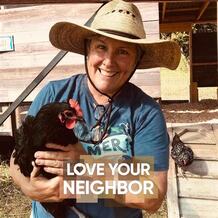
Contact:
Rev. Dr. Leah D. Schade, Lexington Theological Seminary
- [email protected] • 610-420-6861
- [email protected] • 207-400-6262
- [email protected] • 785-217-6784
Lexington, Ky. – Lexington Theological Seminary (LTS) has received a $1.25 million grant from Lilly Endowment Inc. for their project, “Compelling Preaching for a Climate-Changed World.” LTS will partner with The BTS Center and Creation Justice Ministries on the initiative that aims to equip preachers with training, resources, support networks, and research for addressing the urgency of the climate crisis and other environmental issues.
The effort is being funded through Lilly Endowment’s Compelling Preaching Initiative. The aim of the initiative is to foster and support preaching that better inspires, encourages, and guides people to come to know and love God and to live out their Christian faith more fully.
The Compelling Preaching for a Climate-Changed World initiative builds on a pilot project in 2022-23 called the EcoPreacher Cohort which engaged more than 100 participants in a year-long program of monthly gatherings equipping preachers for spiritual leadership during this time of climate and environmental crisis. The grant will allow for building and expanding this program over the next five years through sermon coaching groups, peer networks, workshops and webinars, and an online digital resource hub with text studies, preaching helps, and model sermons. The project will also include a research component studying clergy and congregations to better understand how preachers are responding to the challenges of a climate-changed world and how the skills and resources provided by the program can be utilized throughout the church.
Program Coordinator, Leah D. Schade, associate professor of preaching and worship at Lexington, notes, “Christian communities must claim our role in addressing the climate and environmental crisis, and preaching plays a critical part in this effort. This grant will allow us to inspire more robust engagement with preachers and congregations to effectively reach and benefit increasingly diverse audiences both within and beyond congregations.”
Lexington Theological Seminary is one of 142 organizations that are receiving grants through the Compelling Preaching Initiative. Reflecting the diversity of Christianity in the United States, the organizations are affiliated with mainline Protestant, evangelical, Catholic, Orthodox Christian and Pentecostal faith communities. Many of the organizations are rooted in Black church, Hispanic and Asian Christian traditions.
Allen Ewing-Merrill, executive director of The BTS Center, explains, “Preachers need to be equipped with skills, peer support, and resources to address the challenges and opportunities of our time. Our purpose in this project is not just to help clergy preach about climate change well; rather, our purpose is to help preachers preach well in a climate-changed world.”
Avery Davis Lamb, co-executive director of Creation Justice Ministries, notes, “One of the most urgent features of our changing world is the accelerating reality of climate change, manifested ever more concretely in the form of extreme weather events, biodiversity loss, warming temperatures, and rapidly rising levels of climate anxiety, especially among younger generations, all of which disproportionately impacts vulnerable and historically marginalized communities. So, our program is designed to be scalable and sustainably supported by a network of denominational, organizational, and theological education partners.”
Lexington Theological Seminary President Charisse Gillet adds, “As churches face a critical inflection point, we are excited to support this innovative program grounded in the belief that God is inviting Christian leaders to claim a renewed sense of vocation. Thanks to the Lilly Endowment, we will be able to equip and encourage faith leaders and congregations to step into the realities of an evolving church and a changing world with curiosity and faith; to ask big questions about what it means to be the church in a climate-changed world; and to embrace the call to preach the gospel in ways that nurture spiritual and ecological imagination.”
Those interested in applying for the next EcoPreacher Cohort can visit https://www.creationjustice.org/ecopreacher.html to learn more.
About Lilly Endowment Inc.
Lilly Endowment Inc. is a private foundation created in 1937 by J.K. Lilly Sr. and his sons Eli and J.K. Jr. through gifts of stock in their pharmaceutical business, Eli Lilly and Company. While those gifts remain the financial bedrock of the Endowment, it is a separate entity from the company, with a distinct governing board, staff and location. In keeping with the founders’ wishes, the Endowment supports the causes of community development, education and religion and maintains a special commitment to its hometown, Indianapolis, and home state, Indiana. A principal aim of the Endowment’s religion grantmaking is to deepen and enrich the lives of Christians in the United States, primarily by seeking out and supporting efforts that enhance the vitality of congregations and strengthen the pastoral and lay leadership of Christian communities. The Endowment also seeks to improve public understanding of diverse religious traditions by supporting fair and accurate portrayals of the role religion plays in the United States and across the globe.
About Lexington Theological Seminary
Lexington Theological Seminary is an accredited graduate theological institution of the Christian Church (Disciples of Christ). Consistent with the Disciples’ historic commitment to Christian unity, the Seminary is intentionally ecumenical with students, faculty, staff and trustees of various denominations. The mission of Lexington Theological Seminary is to prepare faithful leaders for the church of Jesus Christ and, thus, to strengthen the church’s participation in God’s mission for the world.
About The BTS Center
The BTS Center is a 501(c)(3) private operating foundation in Portland, Maine, building on the legacy of the former Bangor Theological Seminary. Today BTS seeks to catalyze spiritual imagination, with enduring wisdom, for transformative faith leadership.
About Creation Justice Ministries
Creation Justice Ministries is a fiscally-sponsored project of Disciples Home Missions of the Christian Church, Disciples of Christ. With ecumenical roots in the National Council of Churches, CJM’s mission is to educate, equip and mobilize communions and denominations, congregations, and individuals to protect, restore, and rightly share God's creation.
Acts 4:32-35 (NRSV)
32 Now the whole group of those who believed were of one heart and soul, and no one claimed private ownership of any possessions, but everything they owned was held in common. 33 With great power the apostles gave their testimony to the resurrection of the Lord Jesus, and great grace was upon them all. 34 There was not a needy person among them, for as many as owned lands or houses sold them and brought the proceeds of what was sold. 35 They laid it at the apostles' feet, and it was distributed to each as any had need.
At the heart of the liberative movement of the followers of “The Way,” as they were known at the time, was the affirmation of God as Creator of the good creation.
https://sojo.net/magazine/november-2023/good-news-about-money
https://cac.org/daily-meditations/jesus-started-a-movement-2022-11-14/

Isaiah 25:6-9 (CEB)
6 On this mountain,
the Lord of heavenly forces will prepare for all peoples
a rich feast, a feast of choice wines,
of select foods rich in flavor,
of choice wines well refined.
7 He will swallow up on this mountain the veil that is veiling all peoples,
the shroud enshrouding all nations.
8 He will swallow up death forever.
The Lord God will wipe tears from every face;
he will remove his people’s disgrace from off the whole earth,
for the Lord has spoken.
9 They will say on that day, “Look! This is our God,
for whom we have waited--
and he has saved us!
This is the Lord, for whom we have waited;
let’s be glad and rejoice in his salvation!”
God is neither aloof nor distanced from his creation, but wrapped up in the many layers of it, cozily familiar with the stuff of the land.
Jesus was often accused of being a glutton and a drunkard because the practices and images of feasting were so central to understanding the Kingdom of God.
Norman Wirzba, Food and Faith: A Theology of Eating (New York: Cambridge University Press, 2011).

John 12:12-16 (NRSV)
12 The next day the great crowd that had come to the festival heard that Jesus was coming to Jerusalem. 13 So they took branches of palm trees and went out to meet him, shouting, "Hosanna! Blessed is the one who comes in the name of the Lord-- the King of Israel!" 14 Jesus found a young donkey and sat on it; as it is written: 15 "Do not be afraid, daughter of Zion. Look, your king is coming, sitting on a donkey's colt!" 16 His disciples did not understand these things at first; but when Jesus was glorified, then they remembered that these things had been written of him and had been done to him.
We must actively remember the kind of King we follow and dispel the myth that humanity is alienated from its material environment, that we can relate to God without it. Sin, as Williams defines it, is willed isolation
* Maria Skobtsova was a pioneer in the French resistance of WWII, working with refugees and destitutes, and courageously defending Jews. She was executed, taking the place of another woman, at the Ravensbruck concentration camp in 1945. Her martyrdom is widely recognized and she was canonized as a saint in the Orthodox Church in 2004.
Books:
Rowan Williams, Looking East in Winter: Contemporary Thought and the Eastern Christian Tradition (London: Bloomsbury Continuum, 2021).

About this Blog
This blog shares the activities of Creation Justice Ministries. We educate and equip Christians to protect, restore, and rightly share God's creation.
Archives
July 2024
June 2024
May 2024
April 2024
March 2024
February 2024
January 2024
December 2023
November 2023
October 2023
September 2023
August 2023
July 2023
June 2023
May 2023
April 2023
March 2023
January 2023
December 2022
November 2022
October 2022
September 2022
June 2022
March 2022
January 2022
December 2021
November 2021
October 2021
September 2021
July 2021
June 2021
May 2021
April 2021
March 2021
February 2021
January 2021
December 2020
November 2020
October 2020
August 2020
July 2020
June 2020
April 2020
March 2020
February 2020
January 2020
December 2019
November 2019
October 2019
September 2019
June 2019
May 2019
March 2019
December 2018
November 2018
October 2018
June 2018
April 2018
February 2018
December 2017
November 2017
October 2017
September 2017
July 2017
June 2017
May 2017
April 2017
March 2017
February 2017
January 2017
December 2016
November 2016
October 2016
September 2016
August 2016
July 2016
February 2016
Categories
All
Climate Justice
Conservation
Energy Ethics
Indigenous Peoples' Rights
Oceans
Public Lands
Racial Justice
Resilience
Season Of Creation
Superfund Sites
Water







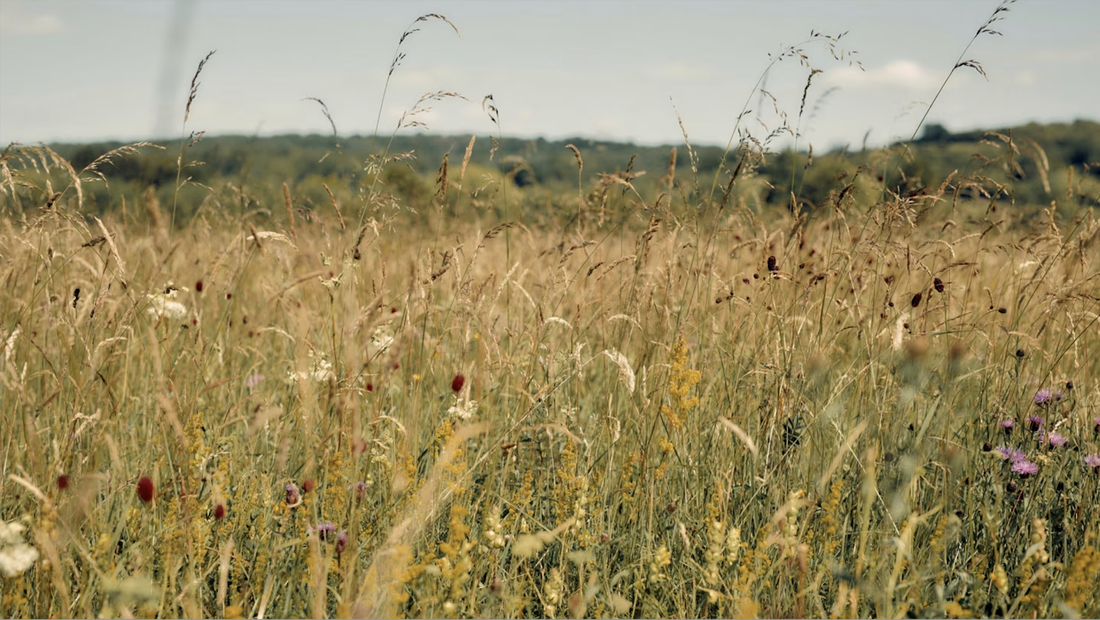
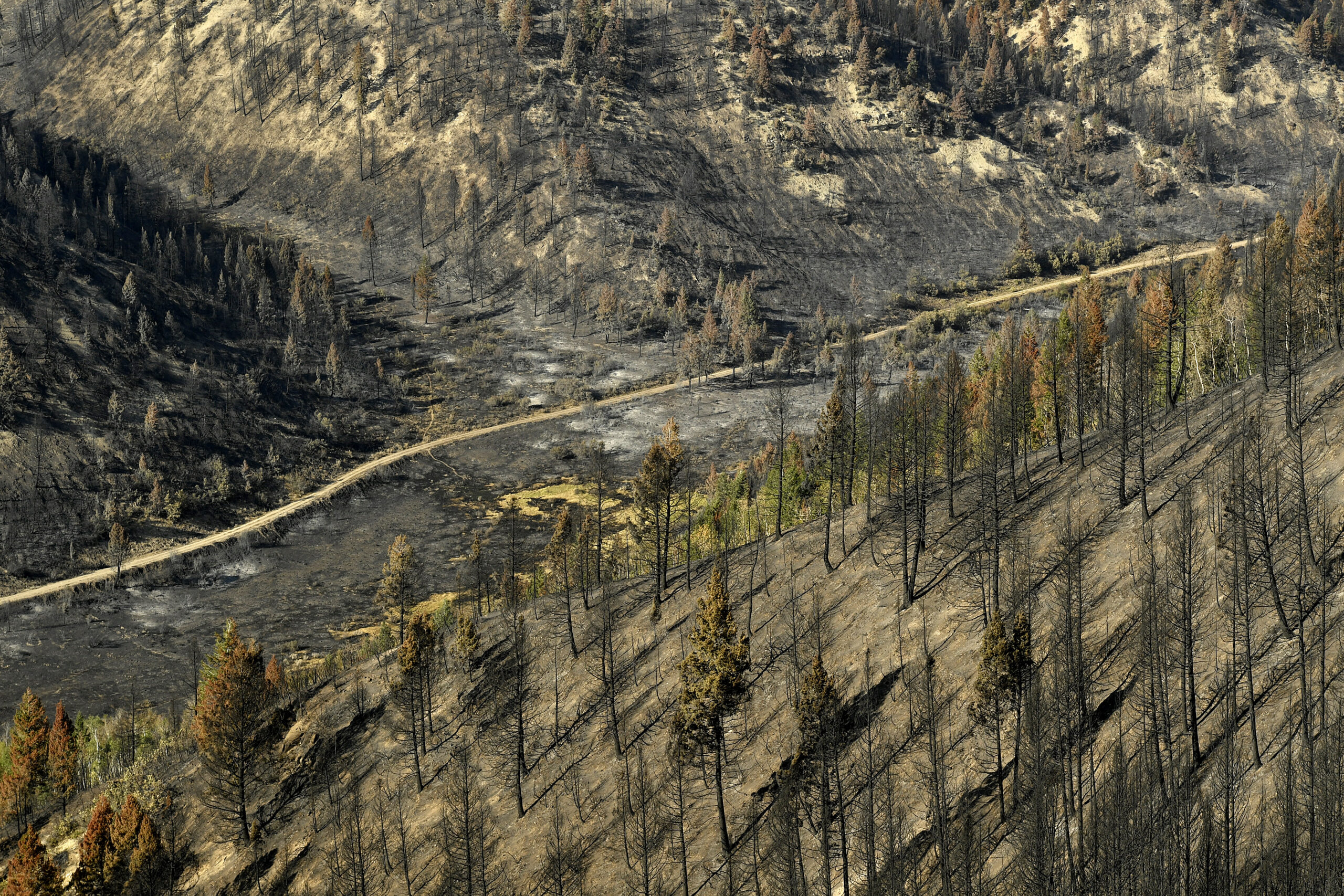

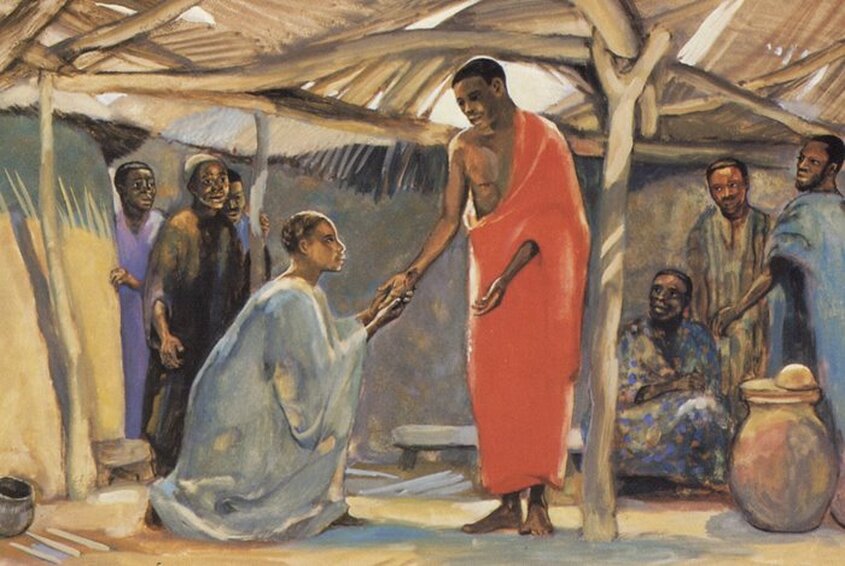
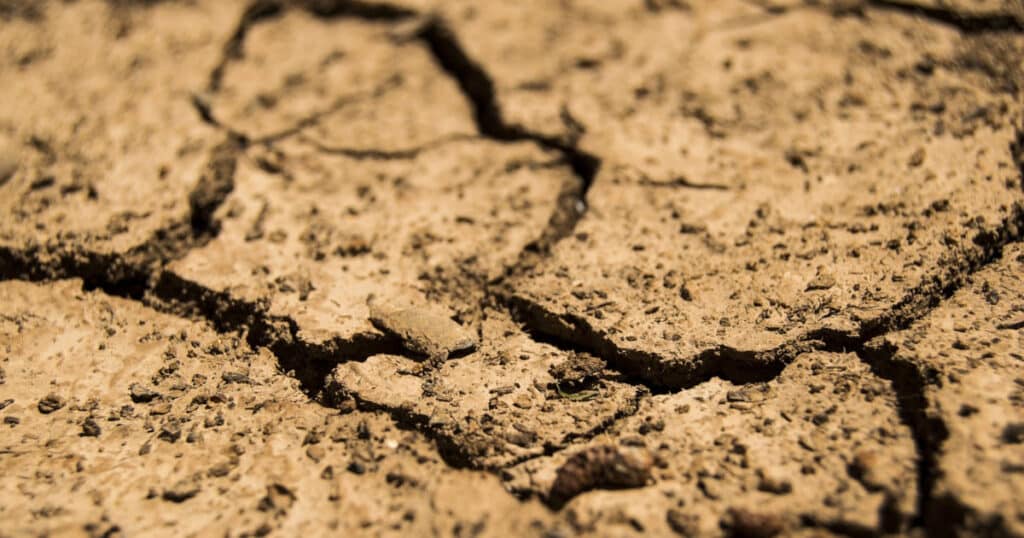

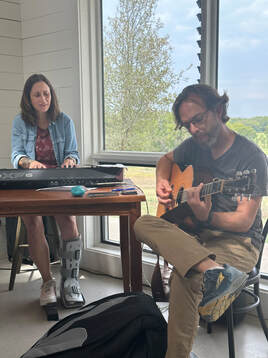
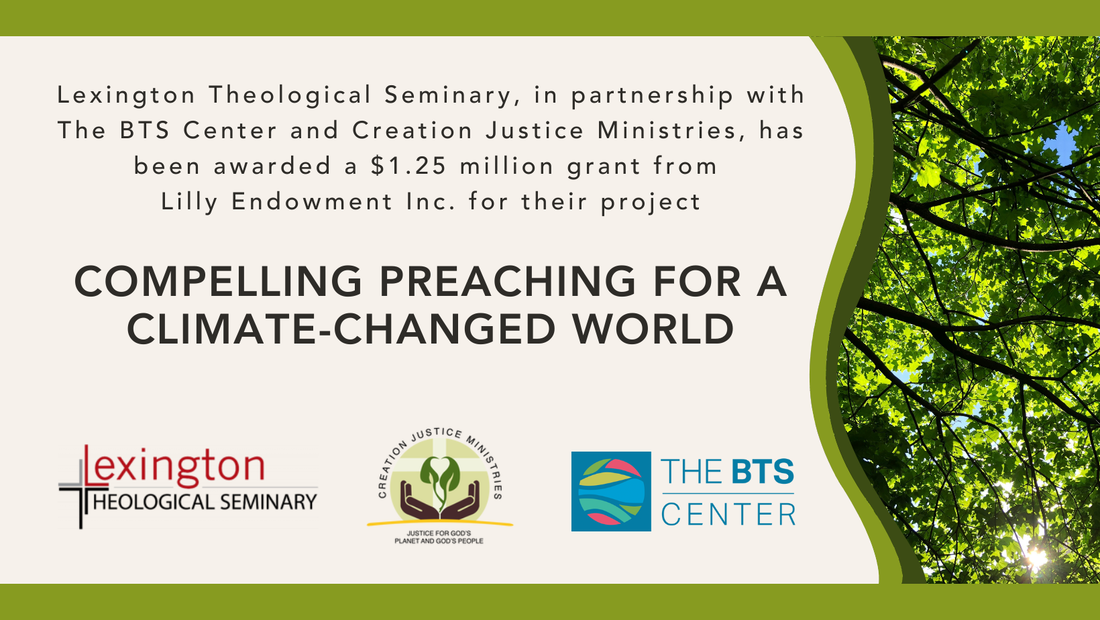
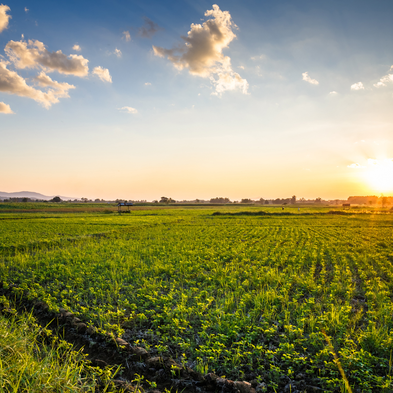


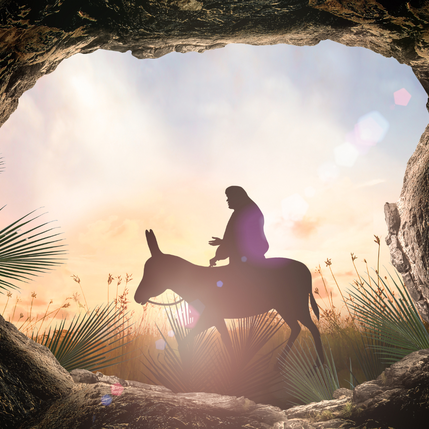

 RSS Feed
RSS Feed